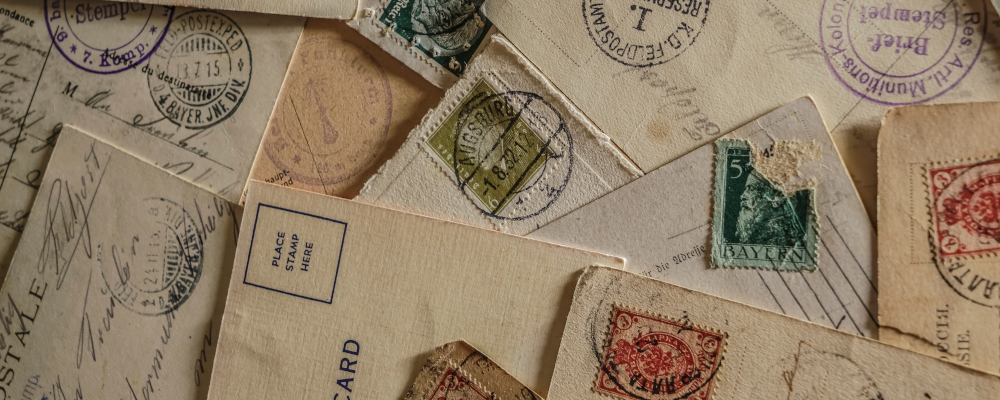An emergency is a separation from the familiar, a sudden emergence into a new atmosphere, one that often demands we ourselves rise to the occasion.
—Rebecca Solnit, A Paradise Built in Hell

For more than twenty years, I have watched with respect as the members of the hazards and disaster community rise to the occasion during times of great crisis. From the response to the 9/11 terrorist attacks to Hurricane Katrina to the California wildfires, four simple words seem to guide the actions of both practitioners and researchers: How can I help?
As we prepare for the transition when a new U.S. administration steps in to address a nation struggling with a deadly pandemic, record natural hazards losses, racial injustice, and widening economic inequality, I find myself asking: How can we help?
One way that I hope we can be of service is to share our collective knowledge and experience—our smarts and our hearts—with the new administration in the context of their four major policy priorities. These priorities—COVID-19, economic recovery, racial equity, and climate change—are firmly situated in the work that so many of us do. I have no doubt that our community has many ideas to contribute. For that reason, I am reaching out to you today with an invitation to join the One Thousand Letters Project.
Specifically, I would like to ask that you write a brief letter of no more than 500 words to be shared with the transition team and the other leaders who will guide us in the coming years. My hope is to collect 1,000 letters that share your vision for how we can work together to ultimately reduce the harm and suffering caused by disasters, while identifying practical steps that will help move the vision forward.
This means that you might share your wisdom regarding what you believe needs to be created or restored given the enormous perils that we now face. Perhaps your focus is on who or what we need to invest in, in terms of our hazards and disaster workforce, scientific capabilities, or our mitigation, recovery, and emergency management infrastructure. Whatever you write, I know it will be grounded in what you know, what you do, and what you envision will help us move forward, together, as a nation and in partnership with others around the world.
If you would like to contribute to the One Thousand Letters Project, please send your letter by Tuesday, December 15, 2020, as an email or as a PDF attachment to 1000Letters@colorado.edu.
You have my commitment that our team will read each letter and compile them so that our collective voice can be heard and recognized. We plan to synthesize your key insights so we can share this wealth of material. Letter authors will not be identified without permission, and anonymous letters will be accepted as well. We will eventually create an archive of the letters on the One Thousand Letters Project page on the Natural Hazards Center website.
We are all in this together, and everyone has something to contribute. Students and seasoned veterans in the field, practitioners and policy advocates—please share your thoughts. I am also extending this invitation to our friends and collaborators around the world. It is going to take all of our science and best practices to turn the tide of rising hazards losses. May we listen to and learn from one another and act together as we imagine new possibilities for a just and sustainable future.
Thank you in advance for writing. My heart is full of love and gratitude for this community and all that you do.
Please take care of yourself and others.
Lori Peek, Director
Natural Hazards Center